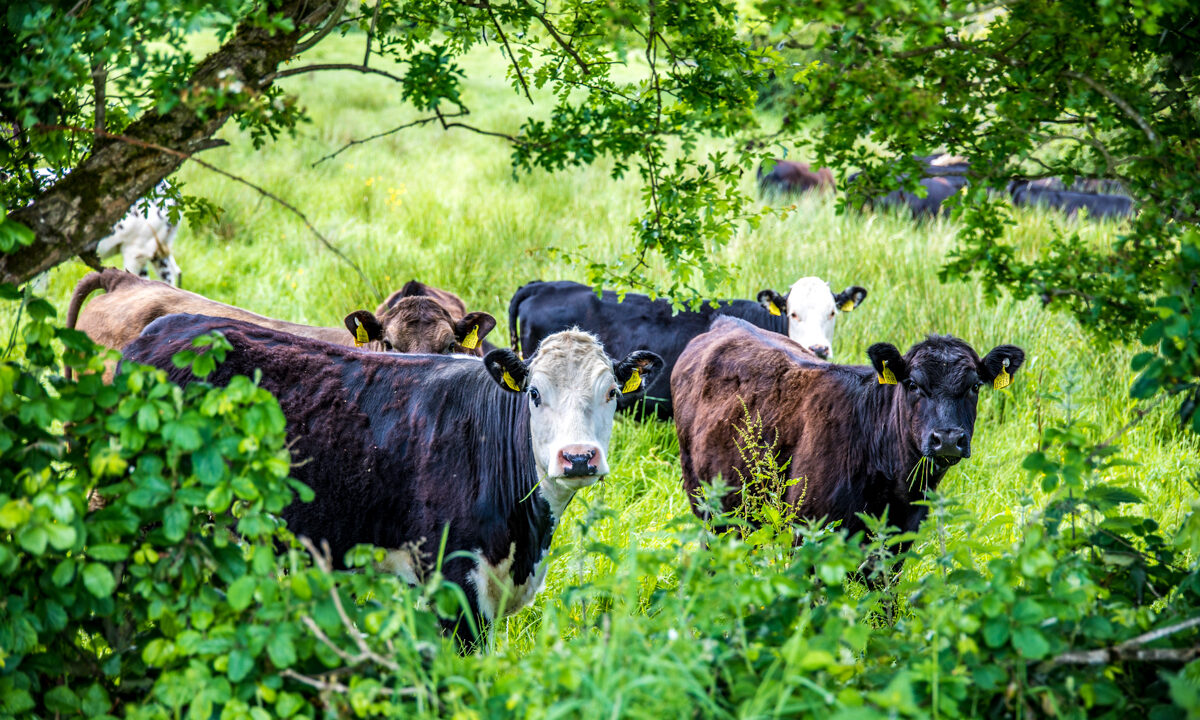The agreement between the Council of the EU and the European Parliament on certifying carbon farming has come “at the expense of livestock”.
That’s according to EU farming organisation Copa Cogeca, which said it supported the establishment of a certification framework for carbon removals, but that the agreement reached today (Tuesday, February 20) is “not flawless”.
Copa said it has concerns over the agreement relating to livestock farms and “complex” additional criteria.
The agreement reached between the council and the parliament “maintains an open definition of carbon removals”, which includes carbon farming.
Carbon farming activities recognised in the agreed regulation include temporary carbon storage (for example by restoring forests and soil, and wetland management), and soil emission reductions, which include carbon and nitrous oxide reductions from soil management.
However, these carbon farming activities must be ongoing for at least five years before they are certified under the regulation, and must not lead to land being acquired for “speculative purposes” negatively affecting rural communities.
Copa welcomed the fact that the agreement covers these areas, but said it regrets that the proposed scope of application “fails to properly and timely recognise the importance of livestock management practices”.
According to Copa, the framework will only include methane reductions from 2026, and that this decision was reached after a concession by the parliament in the talks with the council.
“On the ground, this decision makes no sense. For livestock farms already involved in carbon farming mechanisms, this is a step backward. And for those who saw carbon faming as a new tool, it’s a new disillusion.”
Copa also said that the large number of criteria required to be met for a farmer to take part in these mechanisms may turn them off it.
Under the framework, carbon farming will be required to produce at least a biodiversity co-benefit on top of the carbon removals.
Copa said that such a co-benefit should be additional and not mandatory, and should also be market based.
“Farmers and [agricultural co-operatives] will closely monitor these developments, as it is essential for the system’s popularity to remain simple to understand and apply.
“For Copa…the introduction of the European carbon farming framework could be a response from the EU to both issues of transition and farm income, but doubts remain about the compromise reached today in Brussels,” the farm group said.
The provisional agreement will now have to be approved by the full council and parliament before it is finally adopted.
